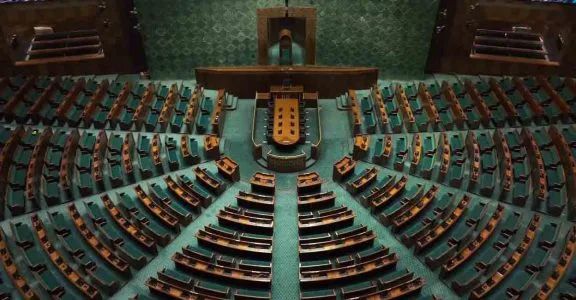A 32-member Parliamentary Select Committee has submitted its detailed report on the draft Income Tax Bill, 2025, expressing broad support for the legislation’s goal of simplifying tax administration but cautioning against several drafting inconsistencies and technical ambiguities that could increase taxpayer burden if left uncorrected.
While endorsing the government’s intention to overhaul the complex and outdated Income Tax Act, 1961, the panel raised red flags on several provisions that it said require urgent clarification and revision to safeguard taxpayer rights and ensure smooth implementation.
Key Areas of Concern and Recommendations
Among its core recommendations, the Committee emphasized the need to clarify several crucial definitions—including those of capital asset, infrastructure capital company, and parent company—to ensure they align with existing legal interpretations and eliminate outdated terminology.
It also pressed for harmonizing the definition of micro and small enterprises with the MSMED Act, and sought clearer guidance on deductions related to house property income, scientific research, and pension contributions.
One notable issue identified was a drafting anomaly in the rebate provision for individuals earning above ₹12 lakh, which the panel warned could lead to misinterpretation. It urged corrective wording to prevent unintended consequences.
On the anti-avoidance front, the Committee recommended reinstating the phrase “in the circumstances of the case”within the General Anti-Avoidance Rules (GAAR) framework. This, it said, was a critical safeguard to ensure contextual and proportionate enforcement, protecting genuine taxpayers from excessive scrutiny.
The report also opposed the blanket disallowance of deductions for late filers, particularly for non-profits, and advocated for retaining provisions like “deemed application” to preserve flexibility.
In an effort to ensure continuity and reduce administrative disruptions, the Committee urged the government to explicitly carry forward all valid circulars, exemptions, and approvals issued under the current Income Tax Act into the new regime.
Protecting Small Taxpayers and Non-Residents
Highlighting procedural risks, the panel pointed out that small taxpayers—especially those earning below the taxable limit but subject to TDS deductions—could face unwarranted prosecution if they fail to file returns merely to claim refunds.
“The Committee observed that mandatory return filing just for refund claims may inadvertently expose low-income taxpayers to prosecution,” the report noted. It recommended that the law include flexibility for delayed refund claimswhere return filing deadlines are missed without malicious intent.
The Committee also addressed the challenges faced by non-resident liaison offices, proposing an extension of the deadline for submitting compliance statements from 60 days to eight months, citing operational and logistical constraints.
Ensuring Seamless Transition and Technical Revisions
The panel underscored the importance of a smooth transition from the old to the new legal framework and recommended revisions to Clause 536, which deals with the repeal of the existing law. It urged the government to explicitly retain all operational guidelines under the current regime to avoid regulatory vacuum.
Additional suggestions included reinstating the use of the word “Nil” in clauses concerning lower TDS certificates, codifying qualifications for registered valuers, and rectifying ambiguous language around refunds and deduction eligibility.
Finance Ministry to Review Suggestions
The Finance Ministry is now expected to review the Committee’s recommendations before finalizing the draft for parliamentary passage. With several substantive changes proposed, a revised version of the bill is likely to be tabled.
Commenting on the report, Committee Chairperson Baijayant ‘Jay’ Panda said, “The current Income Tax Act has become overly complex due to repeated amendments, making compliance costly and administration inefficient. The new Bill aims to address this, but it must do so without compromising clarity or fairness.”
He added that the Committee’s role was to ensure the bill’s text unambiguously reflects its objectives, avoids procedural gaps, and is aligned with existing legal principles.
As the government moves toward introducing a new income tax regime, the Committee’s recommendations will play a pivotal role in shaping a balanced, taxpayer-friendly, and efficient legal framework.
Read More: NFRA Backs ICAI’s Exclusive Mandate for Tax Audits Under Draft Income-Tax Bill, 2025

